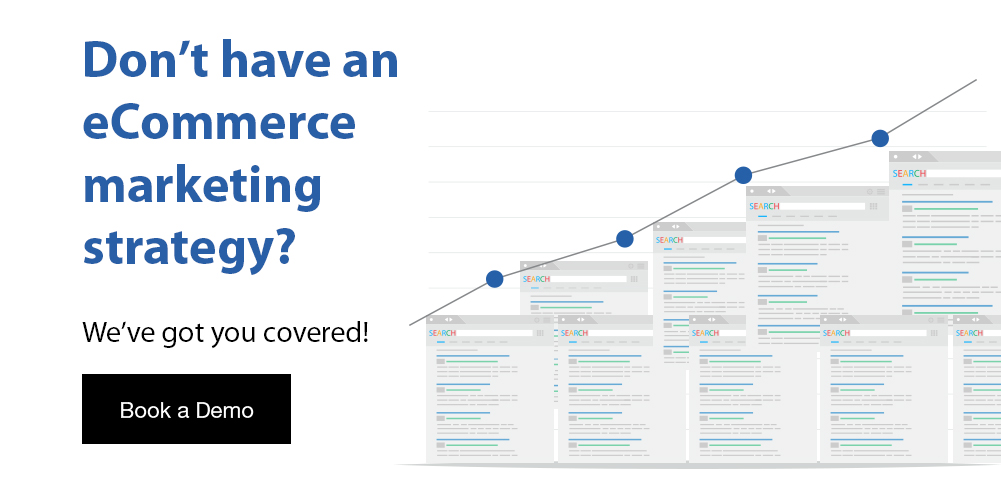Do you ever wonder who is responsible for planning and delivering products? That would be the job of a delivery manager and their use of route planning software. They also lead their team to assist clients with setups and installations of various tools and products. A service delivery manager will work with end-users and stakeholders to plan and configure systems through the warehouse outbound process flow. They do this to develop solutions that can help achieve the necessary objectives.
A delivery manager differs from an eCommerce manager, and inventory control manager. They also oversee program deployment and coordinate the parties that are involved to ensure minimal disruption. It’s also common for them to supervise training programs, offer lead support, troubleshoot shipping issues, and create preventive measures for such problems moving forward. Most delivery managers are also responsible for keeping customers happy.
Below is all you need to know about the delivery manager role, their responsibilities, and salary.

Delivery Manager Role Definition
The need for conveyance directors, or delivery managers, is drastically increasing. This is especially true due to the increase in competition. Almost every industry requires a delivery manager in order to assist with end-client needs, client issues, and to drive customer fulfillment.
The obligations in a delivery manager role can vary based on the company. However, below are common skills that most delivery managers will be required to have for the position:
Skills
- The skill to drive virtual and physical groups
- Upstanding authority
- Solid client confrontation abilities
- The ability to direct and prepare junior colleagues
- Strong critical thinking and asset arranging skills
- The capacity to focus on and oversee errands
- Excellent composed and verbal relational skills
Roles
Common responsibilities for a delivery manager role include the following:
Administration Management
- Supervising and observing work area support. This includes IT administration work areas along with VIP support capacities.
- Responsible for organizing with goal parties, episodes, setting up correspondence for post-occurrence audits.
- Assessing outsiders as inner cycles and making procedures for administrative streamlining.
- Responsible for administrative conveyance execution, driving future interest, and meeting client assumptions.
- Executing improvement exercises.
- Ensuring systems, frameworks, and approaches are set up properly.
Execution and Quality Management
- Driving workforce for all executives, including staff enrollment, preparing, coaching, and execution appraisal.
- Build solid associations between partners and groups to empower discourse trade.
- Giving standard reports to administration based on the execution of the assistance conveyance.
- Offering new strategies for developing and supervising all activities, so they are carried out on time
Specialized Perception
- Working with specialized plan groups in order to set guidelines for equipment, programming, and security.
- Supervising the work area groups to ensure they work with persistent upgrades in their work area climate.
- Verifying that all enemy of infection updates and fixes are completed successfully and as soon as possible.
- Executing benchmarks for access gadgets such as workstations, PCs, and mobile devices.
Meeting Support
It’s crucial to give innovation backing to corporate conferencing and also to guarantee the accessibility of meeting room assets. This includes show programming as well as various media frameworks.
Responsibilities
The job of a delivery manager is oftentimes client confronting. Their obligations typically include managing capacities to work with the transportation of better managers compared to the end clients.
A big obligation for delivery managers is their need to ensure the assistance of transportation and authority support measures. This is done by confirming targets for predictable transportation in a cost-productive and compelling manner.
Full-time delivery managers are expected to recognize client issues and needs. They tend to do this by staying connected with end clients and partners. Managers are also responsible for the following:
- Auditing client orders
- Planning and organizing transportation exercises
- Assembling useful work associations for business development
- Dealing with transportation groups to guarantee precise client conveyances
- Researching transportation issues
- Supervising daily exercises of transportation groups and providing guidance
- Examining client orders, setting conveyance needs, and planning
- Reporting transportation status to clients and obtaining the required documents
- Performing client exchanges for transportation rates
How to Become a Service Delivery Manager
If you want to become a delivery manager, you’re going to want to consider the amount of education that you’re going to need. More than half of delivery managers have a bachelor’s degree. When it comes to higher education, almost 14% of delivery managers have a master’s degree. However, it’s still possible to become a delivery manager with only a high school degree or GED.
Picking the right major is also an important step when deciding whether you want to become a delivery manager. Common college majors for delivery managers include business, computer science, and electrical engineering.
Having experience in other jobs can also help you succeed in the role of a delivery manager. This is because the role requires some experience in positions such as a project manager.
It's also essential to understand the details of route planning. Most delivery managers will utilize a multi stop route planner along with other fleet route management tools.

Delivery Tracker and Delivery Manager Salary
The salary of a delivery manager can vary based on a number of factors. These can include location, the company you work for, experience, and more. Based on salary estimates from Glassdoor, the average delivery manager salary is $111,000 per year in the United States.
Data shows that those in an entry-level delivery manager role with less than a year of experience receive an average salary of $67,181. Those with 1-4 years of experience receive an average compensation of $67,650. Delivery managers with 5-9 years of experience earn about $83,000. If you have 10-19 years of experience as a delivery tracker or manager, you can expect to earn about $98,200. Those with at least 20 years of experience can expect an average of $111,560 per year.
Statistics show that delivery managers in Chicago, Illinois earn about 19% more in pay each year than the national average. For similar positions in Dallas, Texas, you can expect a salary that is about 18.5% greater than the national average. In New York, it’s 12.3% more.